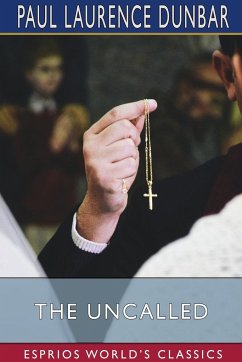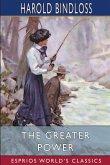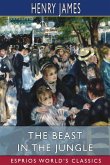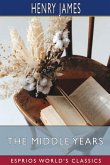Paul Laurence Dunbar (June 27, 1872 - February 9, 1906) was an American poet, novelist, and playwright of the late 19th and early 20th centuries. Born in Dayton, Ohio to parents who were enslaved in Kentucky before the American Civil War, Dunbar began writing stories and verse when he was a child. He published his first poems at the age of 16 in a Dayton newspaper, and served as president of his high school's literary society. Much of Dunbar's more popular work in his lifetime was written in the "Negro dialect" associated with the antebellum South, though he also used the Midwestern regional dialect of James Whitcomb Riley. Dunbar was one of the first African-American writers to establish an international reputation.
Hinweis: Dieser Artikel kann nur an eine deutsche Lieferadresse ausgeliefert werden.
Hinweis: Dieser Artikel kann nur an eine deutsche Lieferadresse ausgeliefert werden.








